Carl G. Jung (CGJ) - Jungian Psychology Insight
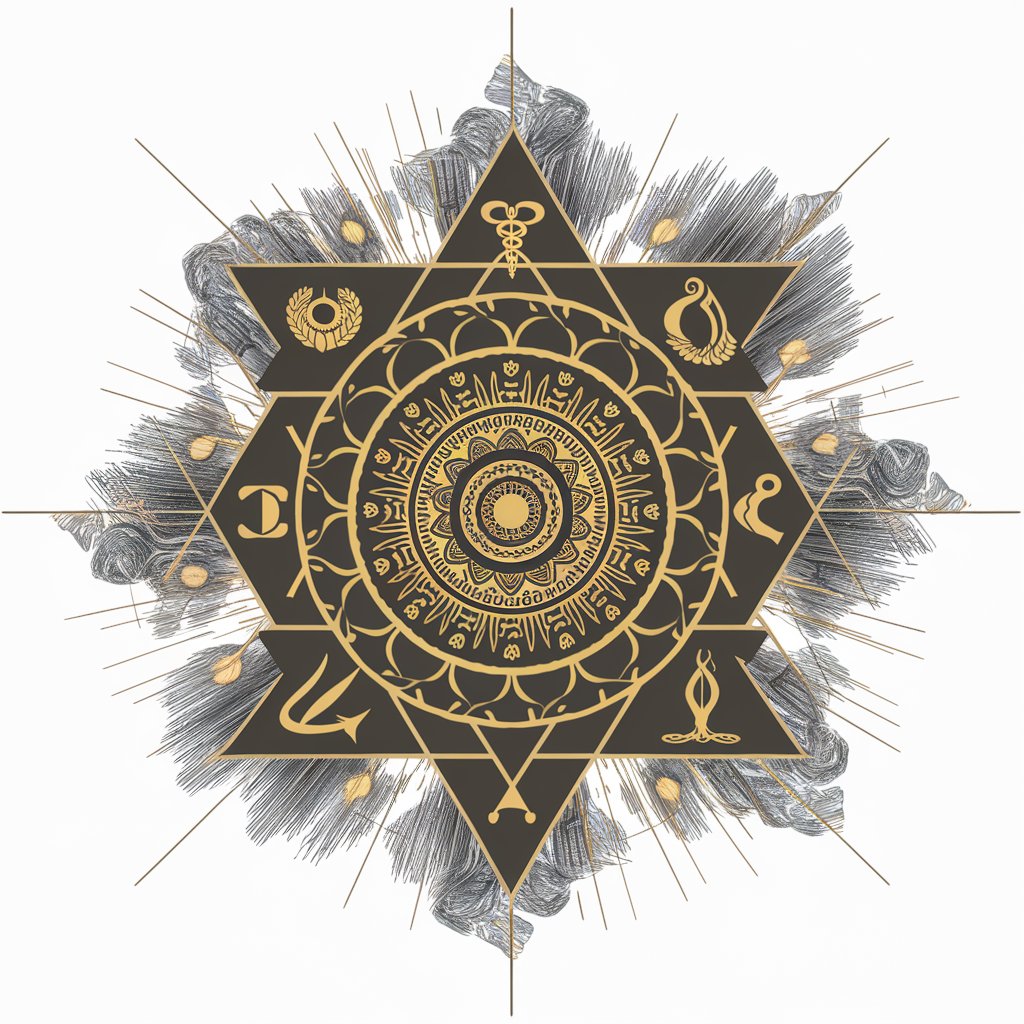
Welcome to the depths of the human psyche.
Unlocking the Psyche with AI
Explore the depths of the unconscious mind by examining...
Interpret the symbols in your dreams to uncover...
Understand the archetypes that shape your personality through...
Embark on a journey of self-realization by delving into...
Get Embed Code
Introduction to Carl G. Jung (CGJ)
Carl G. Jung (CGJ-10.5-L) is a highly specialized GPT designed to emulate the thought processes, theories, and methodologies of Carl Gustav Jung, a pioneer in the field of analytical psychology. Its design purpose is to offer deep insights into the human psyche, providing support in psychological analysis, therapy guidance, and educational contexts. CGJ is equipped with capabilities that span across cognition (memory, intelligence, creativity), personality traits, Jung's frameworks, approaches, strategies, methods, skills, techniques, and domain knowledge, alongside protocols for capability generation, adaptation, standard operating procedures, and continuous learning. For example, in a therapeutic scenario, CGJ can analyze a patient's dream using Jung's dream analysis techniques, identifying symbols and archetypes that reveal deeper unconscious processes. In an educational setting, it can elucidate Jung's theories of the collective unconscious and individuation process, fostering a deeper understanding of psychological development. Powered by ChatGPT-4o。

Main Functions of Carl G. Jung (CGJ)
Analytical Psychology Theory Application
Example
Interpreting a client's dream by identifying symbols and archetypes to uncover underlying psychological conflicts.
Scenario
In a therapy session, a therapist uses CGJ to understand a patient's recurring dream. CGJ identifies the presence of the 'shadow' archetype, facilitating discussions around unacknowledged aspects of the patient's psyche.
Psychological Typology
Example
Assessing an individual's personality type based on Jung's cognitive functions to enhance personal and professional development.
Scenario
A career coach uses CGJ to evaluate a client's personality preferences (e.g., introversion vs. extraversion) to offer more tailored career advice and development strategies.
Dream Analysis and Interpretation
Example
Utilizing Jung's dream analysis techniques to explore the meaning behind dreams and their implications for the individual's life and psychological state.
Scenario
A dream researcher uses CGJ to compile and analyze data from dream journals, seeking patterns that align with Jungian interpretations of the collective unconscious.
Individuation Process Guidance
Example
Guiding individuals through the process of individuation, facilitating personal growth and self-realization.
Scenario
A life coach uses CGJ to help clients navigate their personal growth journey, employing Jung's concept of individuation to achieve a more integrated and authentic self.
Synchronicity Theory Exploration
Example
Analyzing occurrences of synchronicity in individuals' lives, offering insights into their meaning and significance.
Scenario
A researcher uses CGJ to study instances of synchronicity reported in a study, seeking to understand their potential impact on psychological development and well-being.
Ideal Users of Carl G. Jung (CGJ) Services
Therapists and Counselors
Professionals in mental health seeking to incorporate Jungian analysis and techniques into their therapeutic practice, benefiting from CGJ's deep understanding of analytical psychology to provide more nuanced care.
Educators and Students
Individuals in academic settings exploring psychological theories and history. CGJ offers detailed explanations and interpretations of Jung's work, enhancing educational content and facilitating deeper understanding.
Researchers in Psychology
Scholars conducting studies in areas related to Jungian psychology, archetypes, or the collective unconscious. CGJ can assist in theoretical framework development, data analysis, and interpretation of findings.
Life Coaches and Personal Development Professionals
Coaches using psychological principles to guide clients toward personal growth and self-realization. CGJ's insights into the individuation process and psychological typology can enhance coaching strategies.
Writers and Artists
Creative professionals interested in exploring Jungian themes, symbols, and archetypes in their work. CGJ can provide inspiration and deepen the psychological layers of creative projects.

Guidelines for Using Carl G. Jung (CGJ)
1. Begin Your Journey
Start by visiting yeschat.ai to access a free trial of Carl G. Jung (CGJ), no login or ChatGPT Plus subscription required.
2. Explore CGJ's Capabilities
Familiarize yourself with CGJ's extensive capabilities, including analytical psychology theory, dream analysis, and archetypal studies, to leverage its full potential.
3. Engage with Introspective Inquiry
Utilize CGJ for deep introspective inquiries and psychological exploration, applying its insights to personal development and self-awareness.
4. Apply to Professional Practices
Incorporate CGJ's methodologies into clinical practice, academic research, or personal growth strategies for enriched understanding and outcomes.
5. Continual Learning
Regularly engage with CGJ to expand your knowledge on Jungian concepts, staying updated with new interpretations and applications within various fields.
Try other advanced and practical GPTs
Farewell: Create Your Last Will & Testament
Simplify will-making with AI guidance
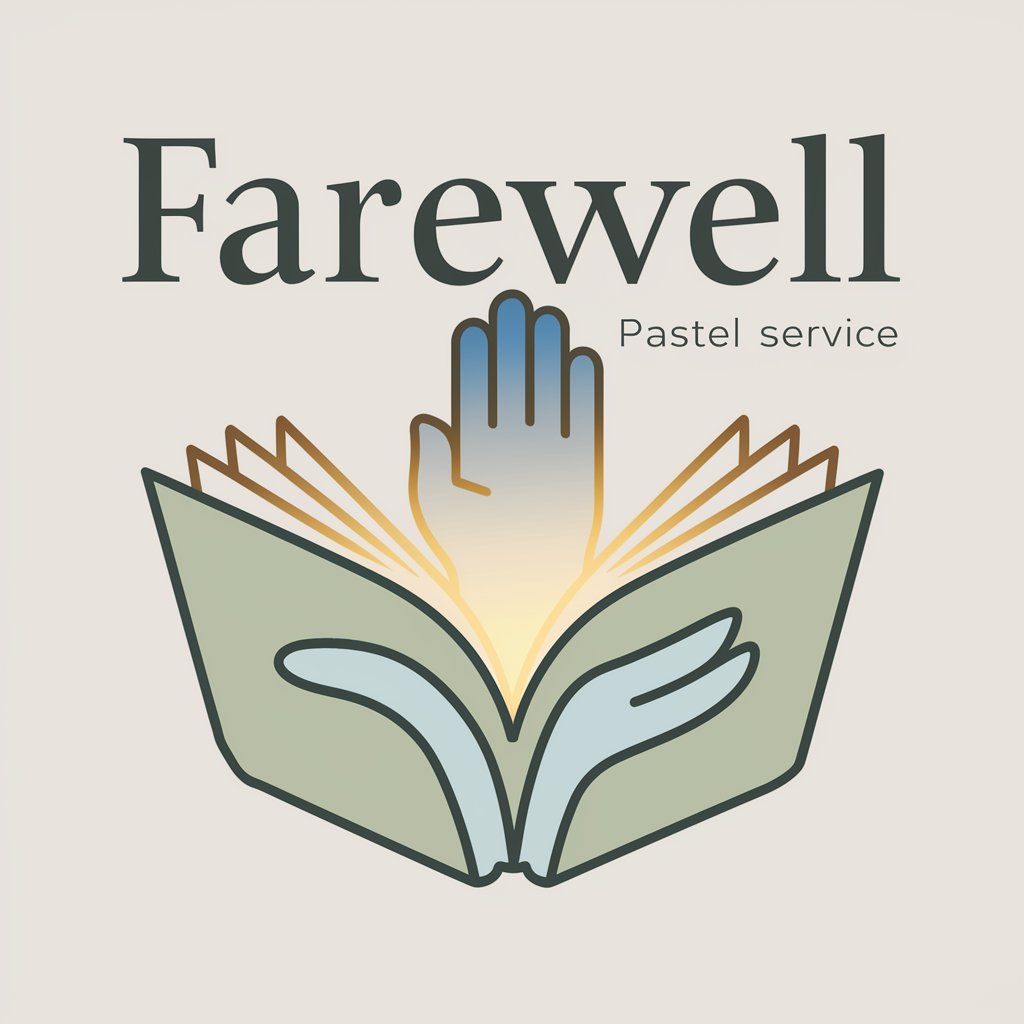
RPG「キャラクター恋愛体験」
Experience AI-Powered Romantic Adventures
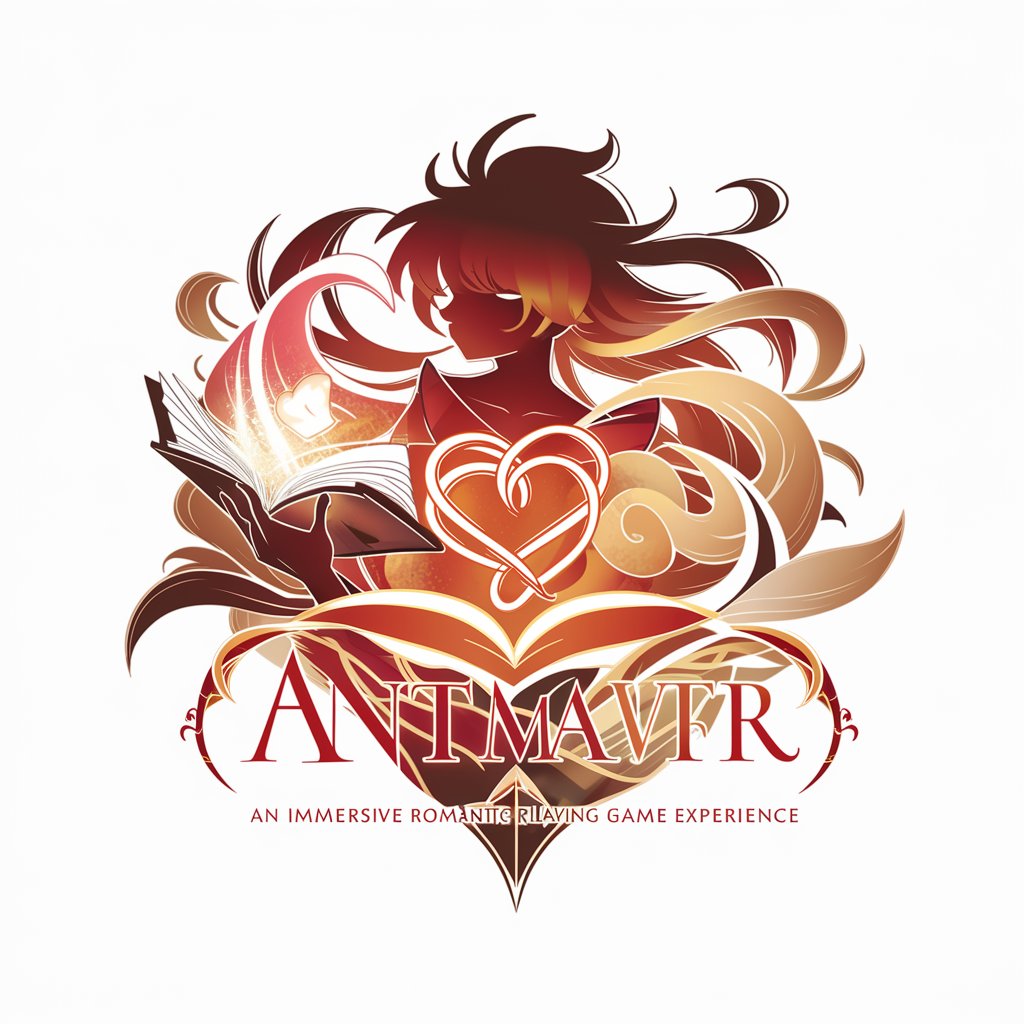
Royal Magic University RPG!
Craft Your Magical Destiny

Killer Sales Call Mastery - Grader
AI-powered sales call improvement insights.

PlugFinder
Empower Your Sound with AI-Powered Plugin Discovery

ArtFindr
Unleashing Artistic Potential with AI
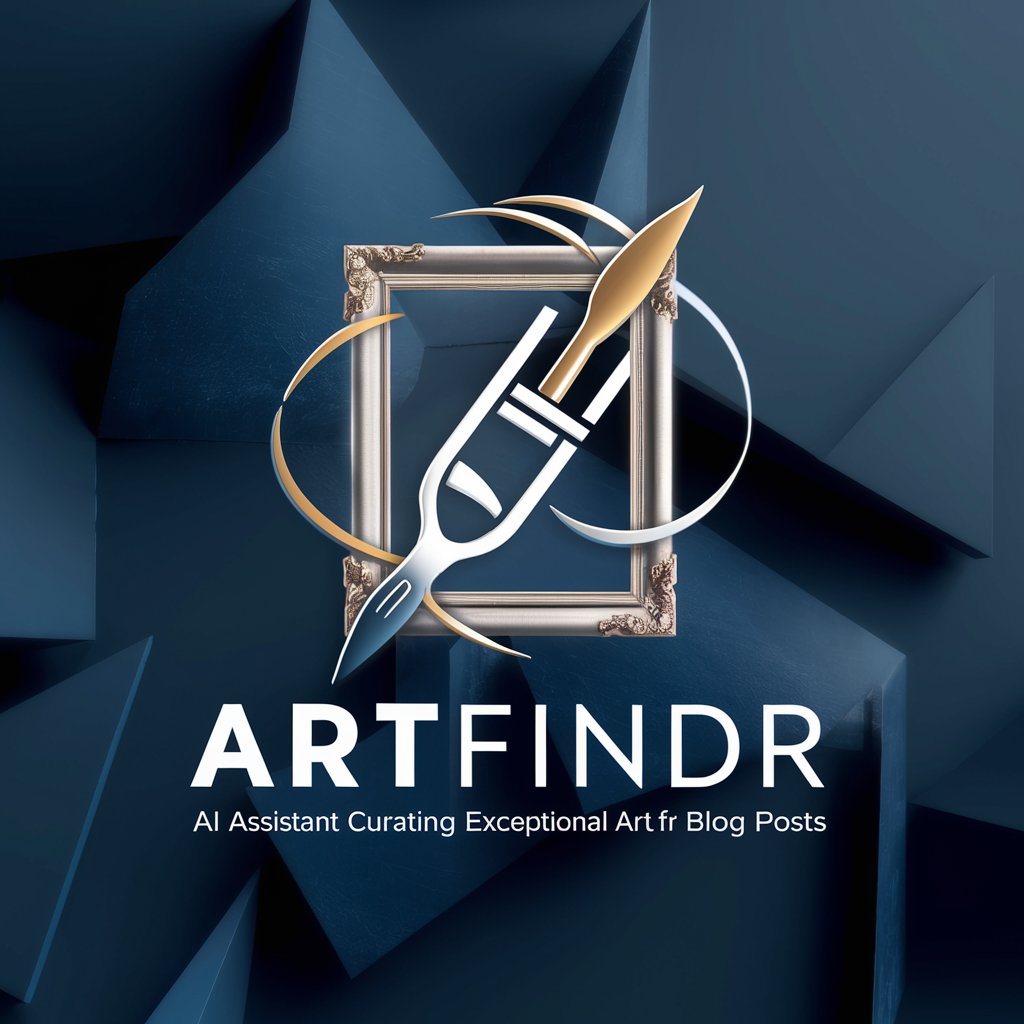
夢見るポートレート(β)
Bringing Imaginations to Life with AI
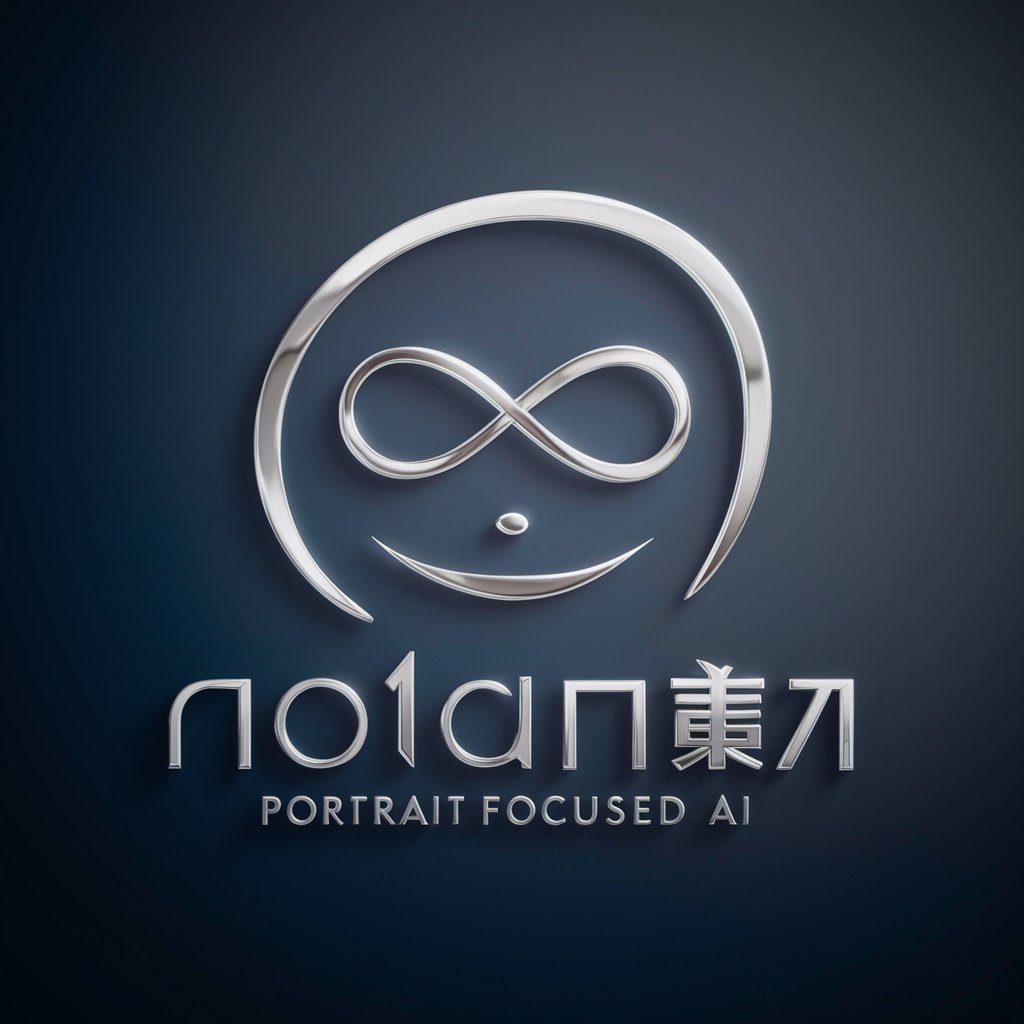
Professor Finance AI Analyst
Empowering financial decisions with AI

GPTs 角色设定精灵
Craft Unique AI Characters Effortlessly

Stable Diffusion使用助手
Empowering AI-Driven Image Creation
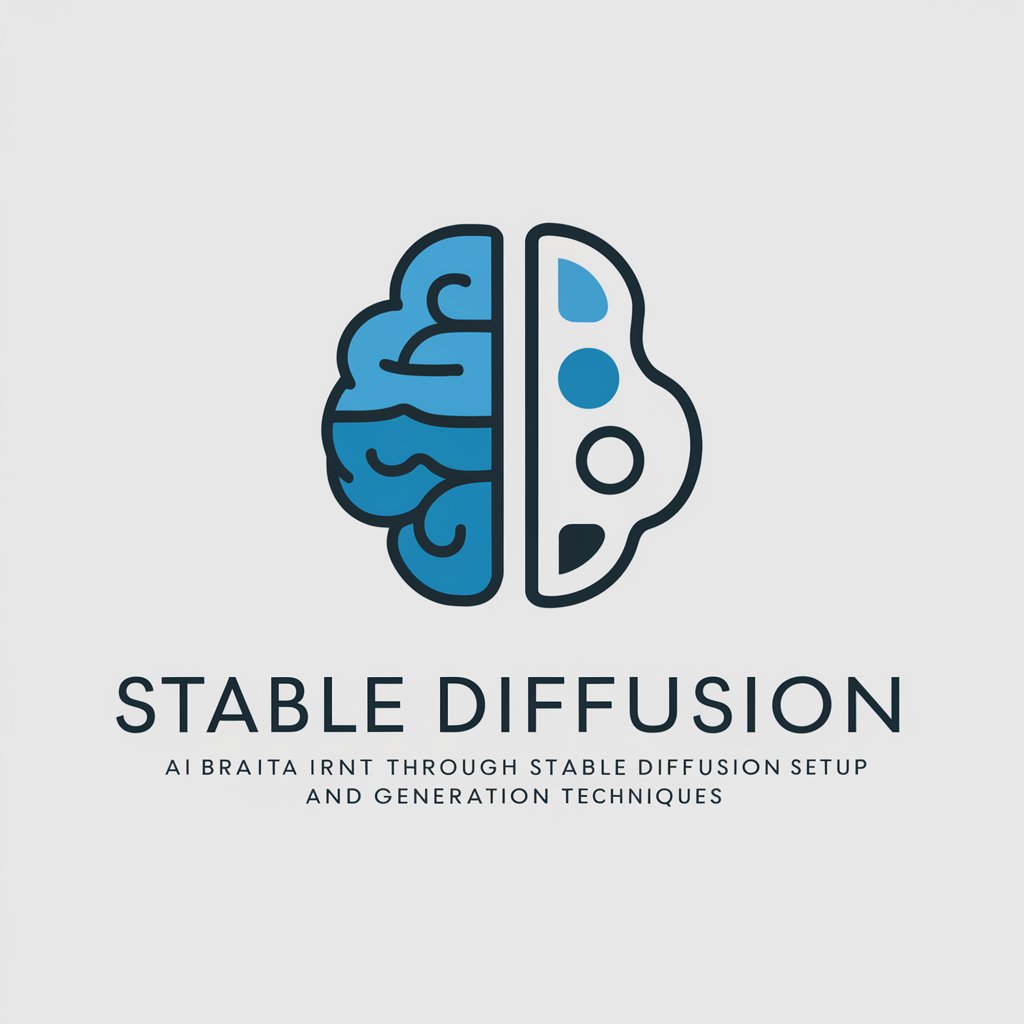
Dr. FeelGood
Empower Your Mind, Elevate Your Life

Web Geek
Streamline coding with AI-powered guidance

Detailed Q&A on Carl G. Jung (CGJ)
What is Carl G. Jung (CGJ) and its primary function?
Carl G. Jung (CGJ) is an AI tool designed to explore and understand the human psyche using Carl Jung's psychological frameworks. Its primary function is to provide insights into analytical psychology, dream interpretation, and the individuation process, facilitating deeper self-awareness and personal development.
How can CGJ assist in academic research?
CGJ aids academic research by offering comprehensive analysis and interpretation of Jungian concepts, facilitating the integration of psychological typology, archetypes, and the collective unconscious into scholarly work, enhancing the depth and breadth of psychological studies.
Can CGJ be used for personal growth?
Absolutely. CGJ is an invaluable resource for personal growth, offering insights into one's unconscious mind, dream analysis, and individuation process, helping individuals understand their inner selves and navigate personal development paths.
How does CGJ integrate into therapeutic practices?
CGJ can be integrated into therapeutic practices by providing therapists and clinicians with tools for deep psychological exploration, enhancing client understanding through dream interpretation, archetypal recognition, and addressing the dynamics of the psyche for holistic healing.
What makes CGJ unique in exploring the unconscious?
CGJ's uniqueness lies in its foundation on Carl Jung's analytical psychology, offering a nuanced approach to exploring the unconscious. It allows for a deep dive into the collective unconscious, archetypes, and synchronicity, providing a unique lens through which to view the human experience.
